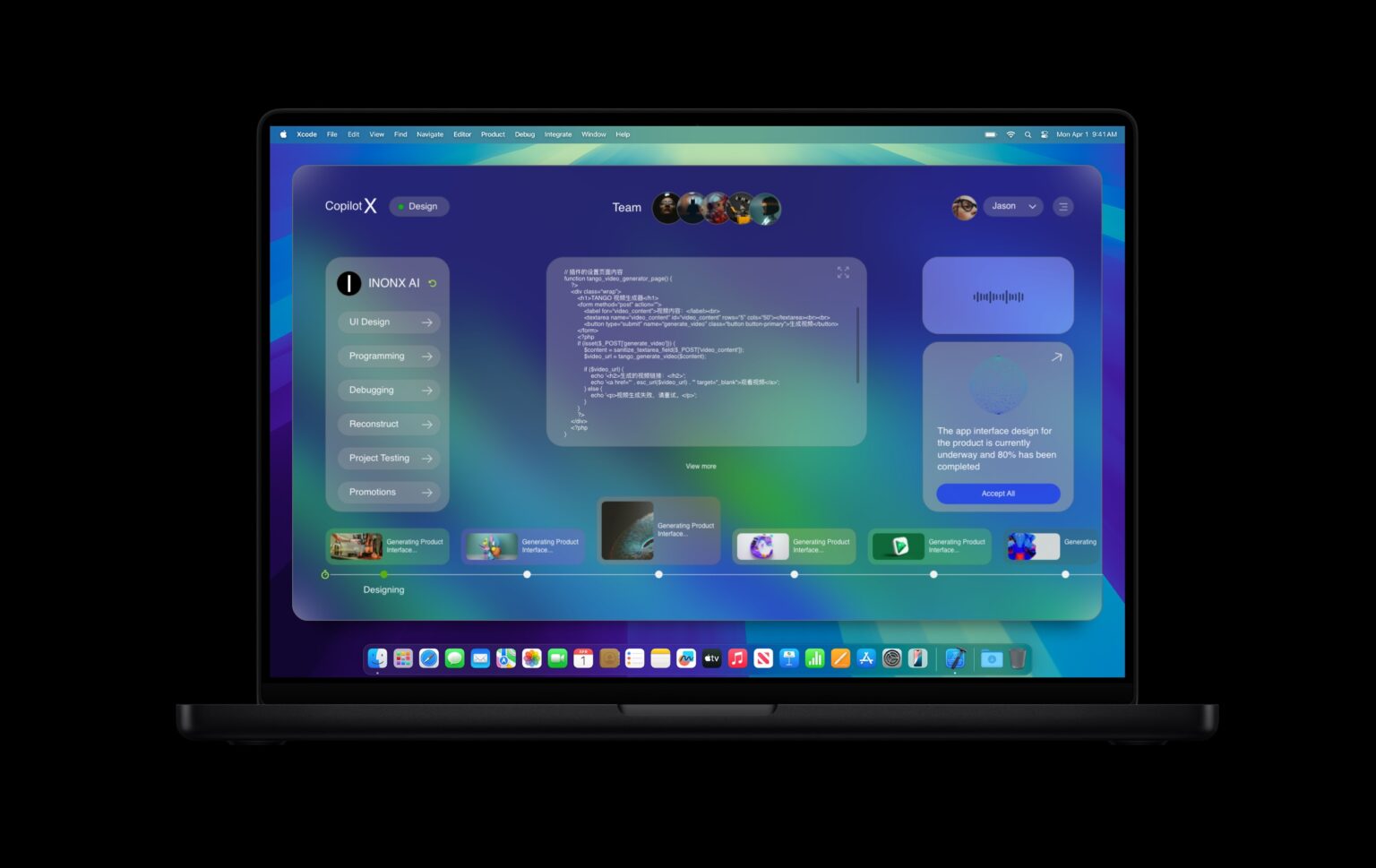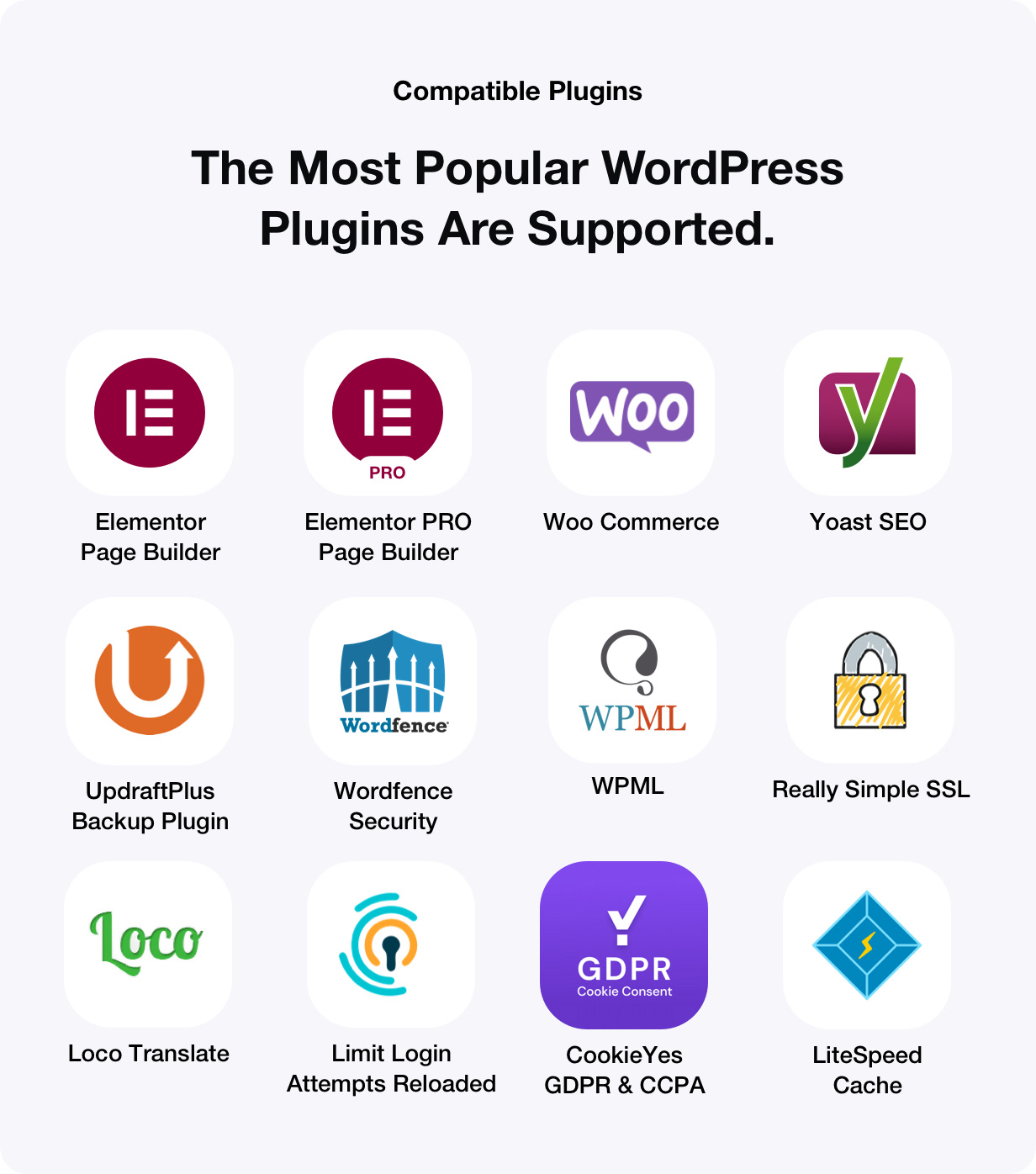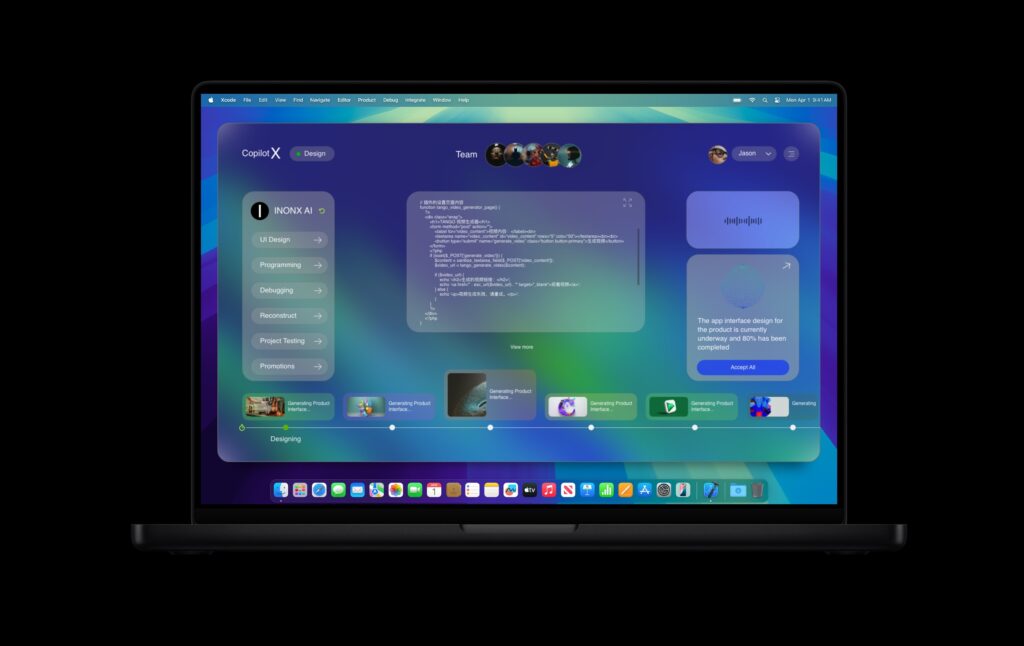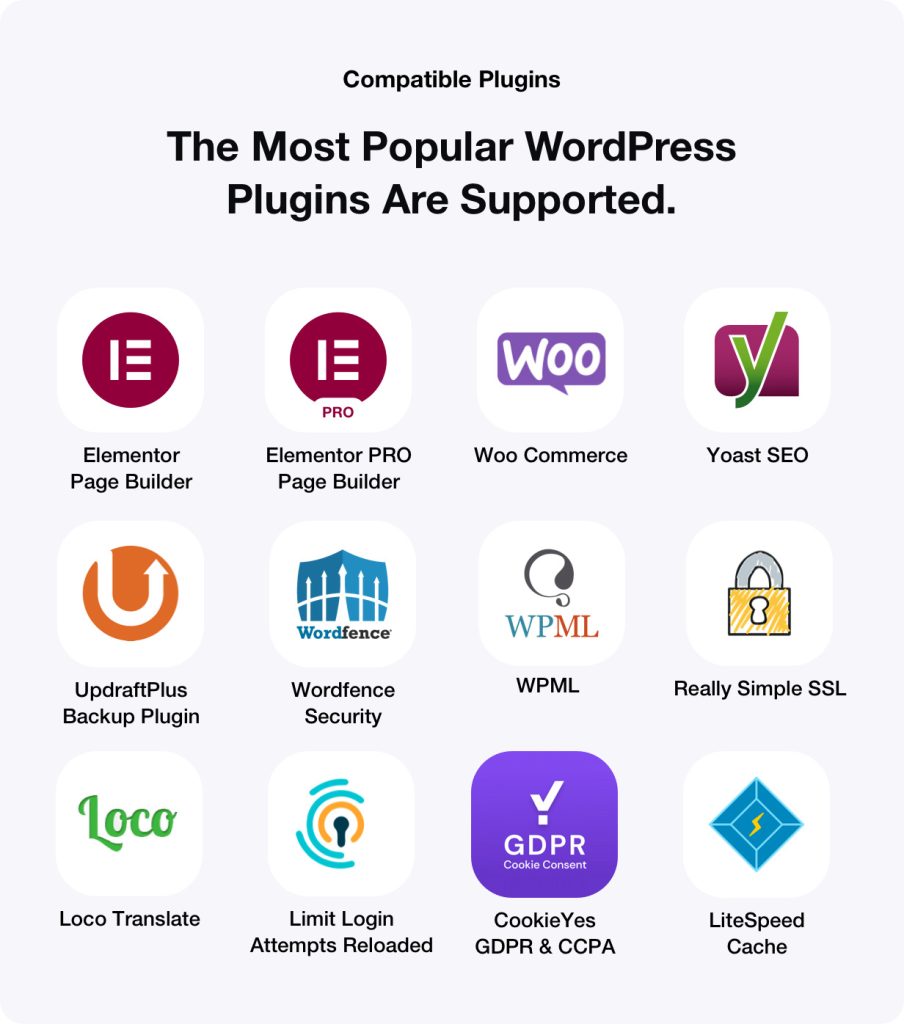The rise of artificial intelligence (AI) has led to groundbreaking developments across various industries, transforming how we approach problems and devise solutions. Among the emerging trends in this realm is the increased utilization of multimodal AI-agents within the education technology sector. These agents harness the capabilities of various data modalities—text, audio, image, video—to provide enriched, dynamic, and interactive learning experiences. Moreover, they promise a significant impact on operational efficiency across organizational frameworks, paving the way for AI-driven operational excellence. This article delves into the latest news and updates, trends, and insights into how multimodal AI-agents are shaping the future of education and business.
One of the most compelling features of multimodal AI-agents is their ability to understand context by integrating diverse data sources. By synthesizing information from text, graphics, and audio inputs, these agents can create a more engaging and tailored educational experience. They can interpret questions posed by students, provide video tutorials, or analyze complex data sets, thereby catering to different learning styles. This versatility boosts student engagement, as it allows for a more personalized approach to education.
According to a recent study published by the International Society for Technology in Education, diverse learning experiences significantly enhance student understanding and retention of information. Students who engage with multiple forms of content report a deeper understanding of subjects, and they often exhibit heightened motivation and self-direction. This alignment of multimodal AI-agents with pedagogical principles points toward their potential to revolutionize learning environments.
In education technology, the integration of multimodal AI-agents is steadily becoming a key trend, with various platforms adopting these solutions. For instance, tools like Google Classroom are evolving their services to leverage AI capabilities, enabling teachers to provide real-time feedback and personalized learning pathways based on student performance. Echoing this transformation, platforms such as Khan Academy utilize AI-driven solutions to assess individual student progress, delivering recommendations tailored to their unique needs. These advancements not only enrich the learning process but also enable educators to spend more time focusing on essential teaching tasks rather than administrative overhead.
. However, the adoption of multimodal AI-agents in education isn’t without challenges. Privacy concerns regarding student data, as well as the need for inclusive designs that cater to students with varying abilities, pose important hurdles. Educators and developers must collaborate to ensure that systems are secure and that AI technologies provide equitable access to all students. Furthermore, professional development and training for educators in using these technologies are crucial to maximize their potential.
The impact of multimodal AI-agents extends beyond the education sector and touches upon the realm of operational excellence across industries. Companies are increasingly turning to AI-driven solutions to bolster their operational frameworks, thus embracing a transformative wave of productivity. These AI-agents can analyze vast amounts of operational data to identify inefficiencies, predict maintenance needs, and streamline supply chain logistics. Such capabilities result in cost reductions, improved service delivery, and enhanced customer experiences.
Take, for instance, the manufacturing sector, where multimodal AI-Agents are playing an instrumental role in predictive maintenance and quality control. Companies like Siemens leverage AI technology to monitor equipment health through various sensors, video feeds, and performance data analysis. This multimodal approach allows for early detection of potential failures, reducing downtime and enhancing productivity.
. Industry professionals are excited about the potential of these AI solutions. The World Economic Forum recently released a report highlighting how organizations are leveraging AI-driven operational excellence to foster innovation and resilience in uncertain economic times. By investing in such technologies, companies can gain a competitive edge while cultivating an adaptable workforce capable of meeting changing market demands.
Moreover, the enormity of data generated in today’s interconnected landscape provides fertile ground for AI innovations. With the Internet of Things (IoT) facilitating the collection of diverse forms of data—ranging from machine performance statistics to user behavior analytics—multimodal AI-agents have a robust base to draw insights from. Businesses that incorporate these technologies can automate decision-making processes and create scalable solutions that respond in real-time to fluctuating market trends.
. Education technology and operational excellence are not just theories; they are actively reshaping industries by harnessing the potential of AI. According to a report published by McKinsey, organizations that successfully integrate AI technologies into their operations report not only improved productivity but also substantial profitability increases. The confluence of education and operational strategies within this framework speaks to the holistic benefits of multimodal AI-agents.
As the field evolves, both educators and industry leaders must remain vigilant in understanding the implications of deploying AI technologies. Continuous adaptation to advancements in AI research and technology will be crucial in harnessing the full potential of multimodal AI-agents. Collaboration among researchers, educators, and business leaders will help foster innovation while ensuring ethical and responsible use of these powerful tools.
. Looking ahead, the future of multimodal AI-agents in education technology and operational excellence is bright. With continual improvements in AI algorithms and data analytics, organizations can expect enhanced learning experiences, optimized operational workflows, and sustainable growth. For instance, the incorporation of augmented reality (AR) and virtual reality (VR) in educational contexts stands to magnify the benefits of multimodal learning experiences, allowing students to immerse themselves in content in unprecedented ways.
The adoption curve may require time; however, the trend is unmistakable. As organizations lean towards AI-powered solutions, the landscape of education and operational frameworks will likely witness unparalleled transformations. By embracing multimodal AI-agents, industries can unleash newfound capabilities that drive productivity, engagement, and inclusivity.
In conclusion, the convergence of multimodal AI-agents in education technology and their application in achieving AI-driven operational excellence marks a significant evolution in our approach to learning and industry efficiency. As we navigate this transition, stakeholders must engage responsibly, prioritizing ethical considerations, data security, and inclusivity to ensure that these powerful advancements truly benefit everyone involved. By doing so, the collective future for education and operational excellence looks promising and filled with opportunities for growth and innovation.
**Sources:**
1. International Society for Technology in Education. (2023). “The Impact of Diverse Learning Experiences”
2. McKinsey & Company. (2023). “AI-Driven Operational Excellence: The Future of Work”
3. World Economic Forum. (2023). “Innovation in Uncertain Times: The Role of AI”
4. Siemens. (2023). “Revolutionizing Manufacturing through AI and Predictive Maintenance”
5. Khan Academy. (2023). “Personalized Learning through AI”
6. Google. (2023). “Harnessing AI in Education Technology”
























